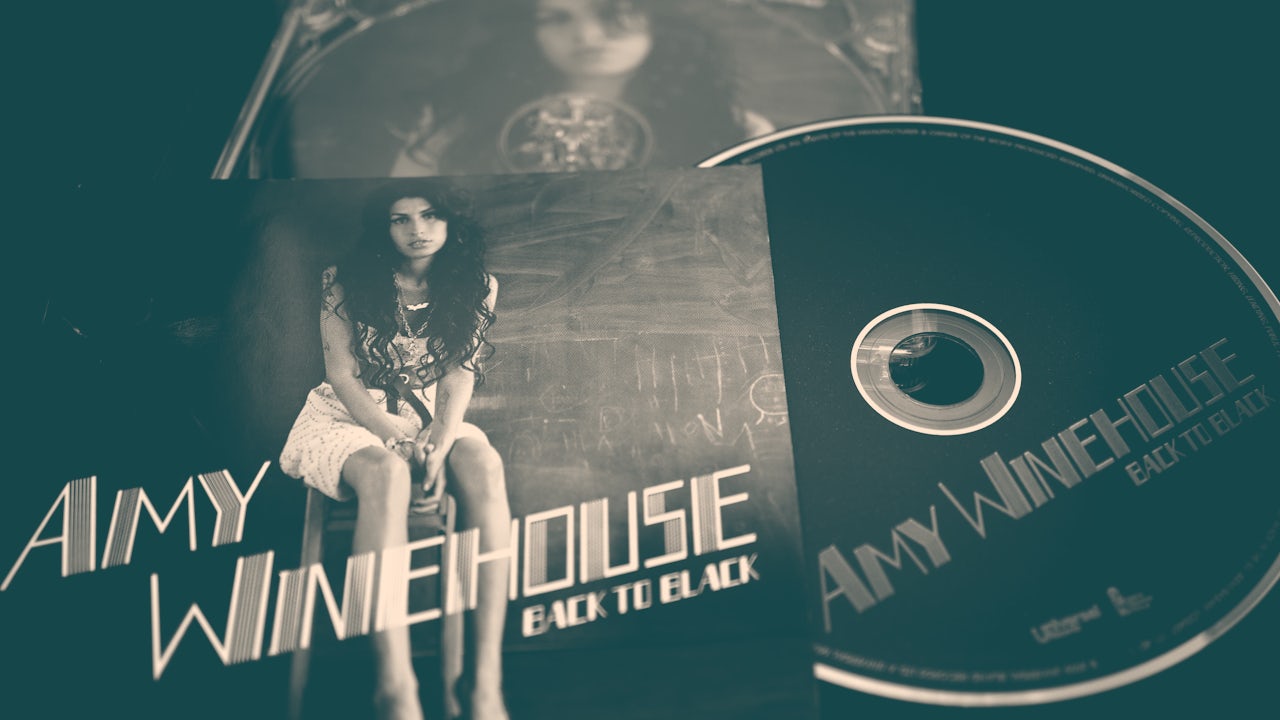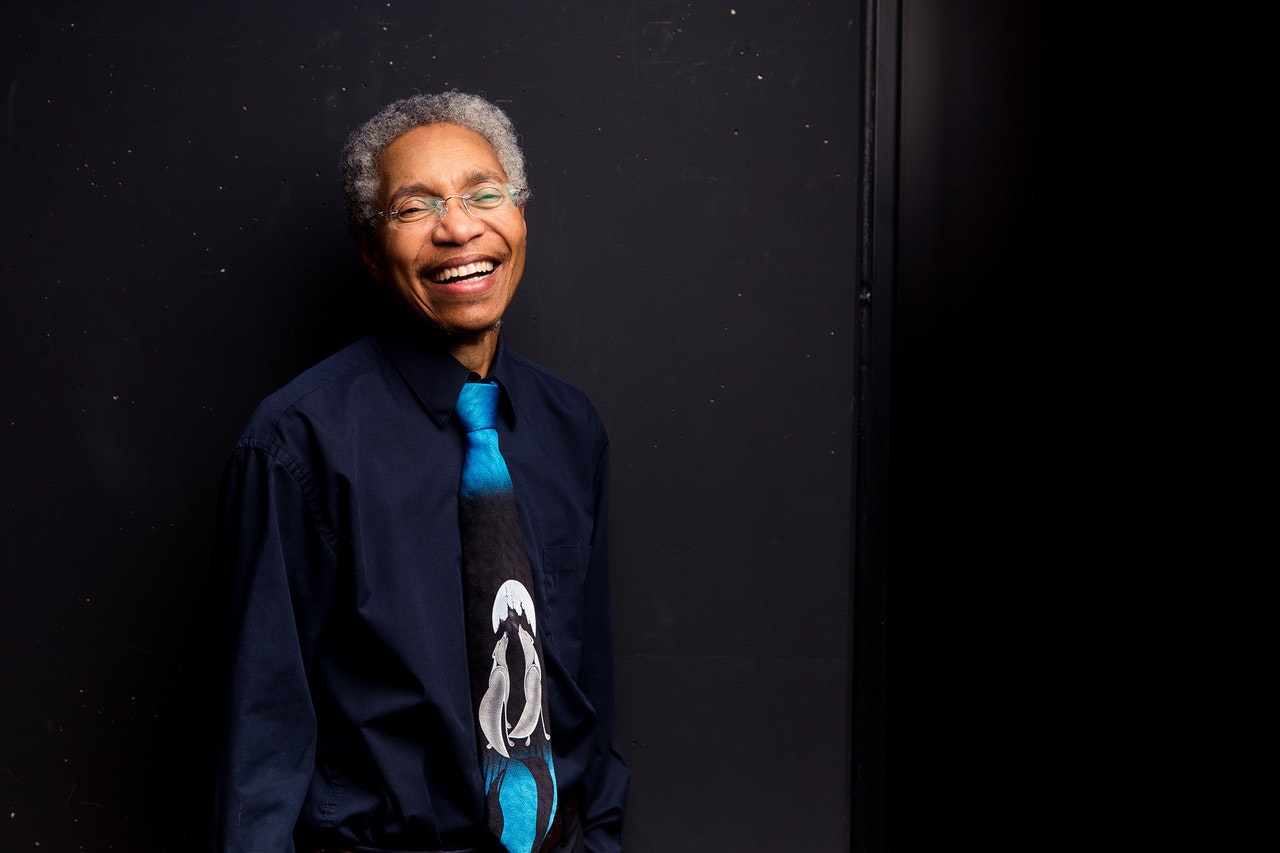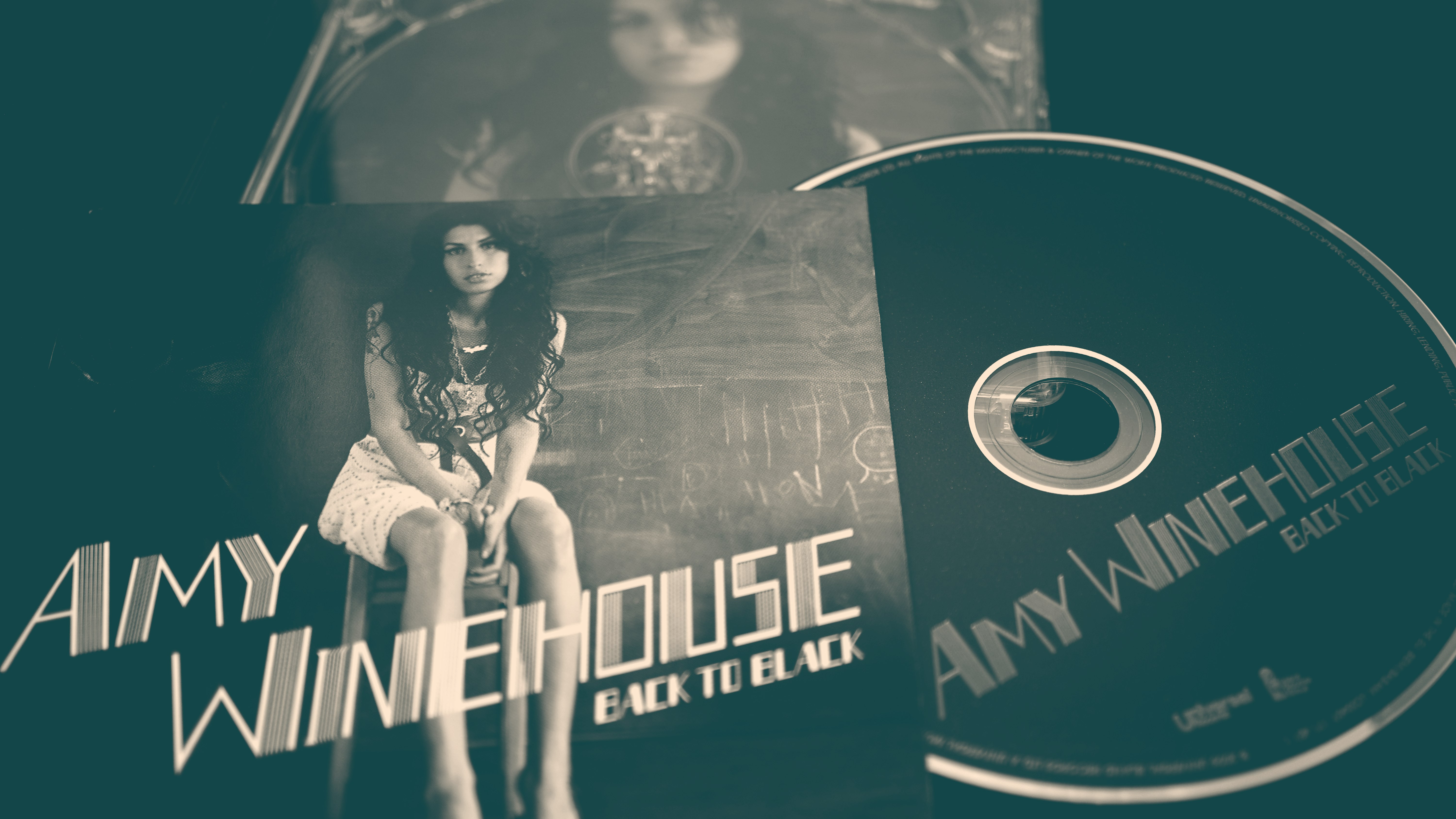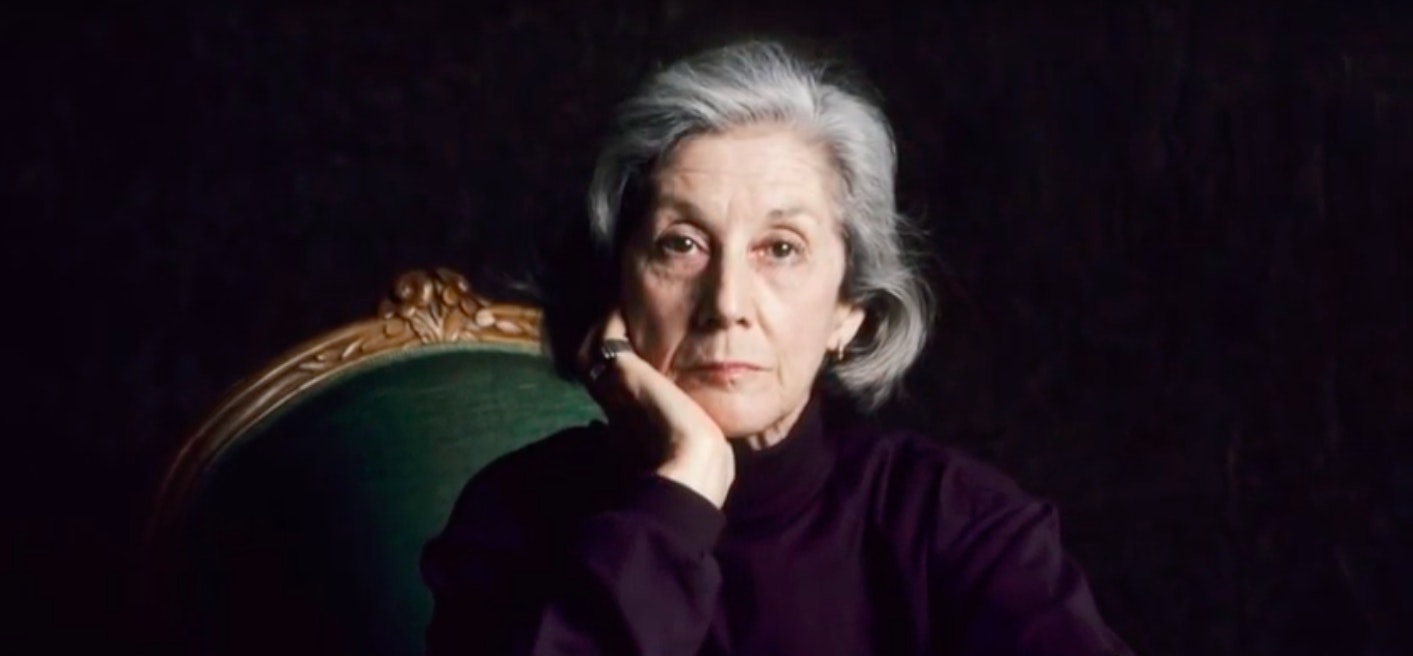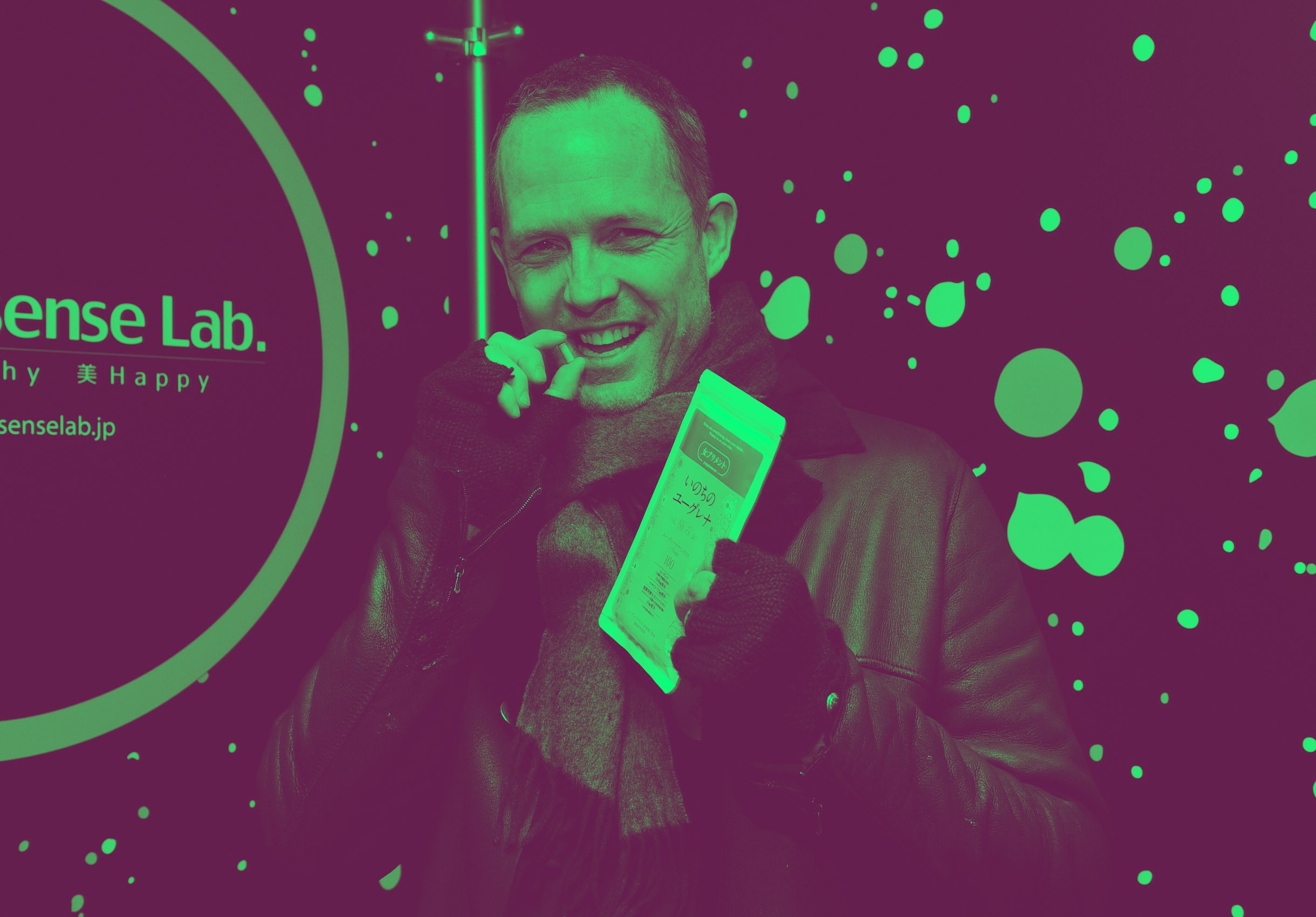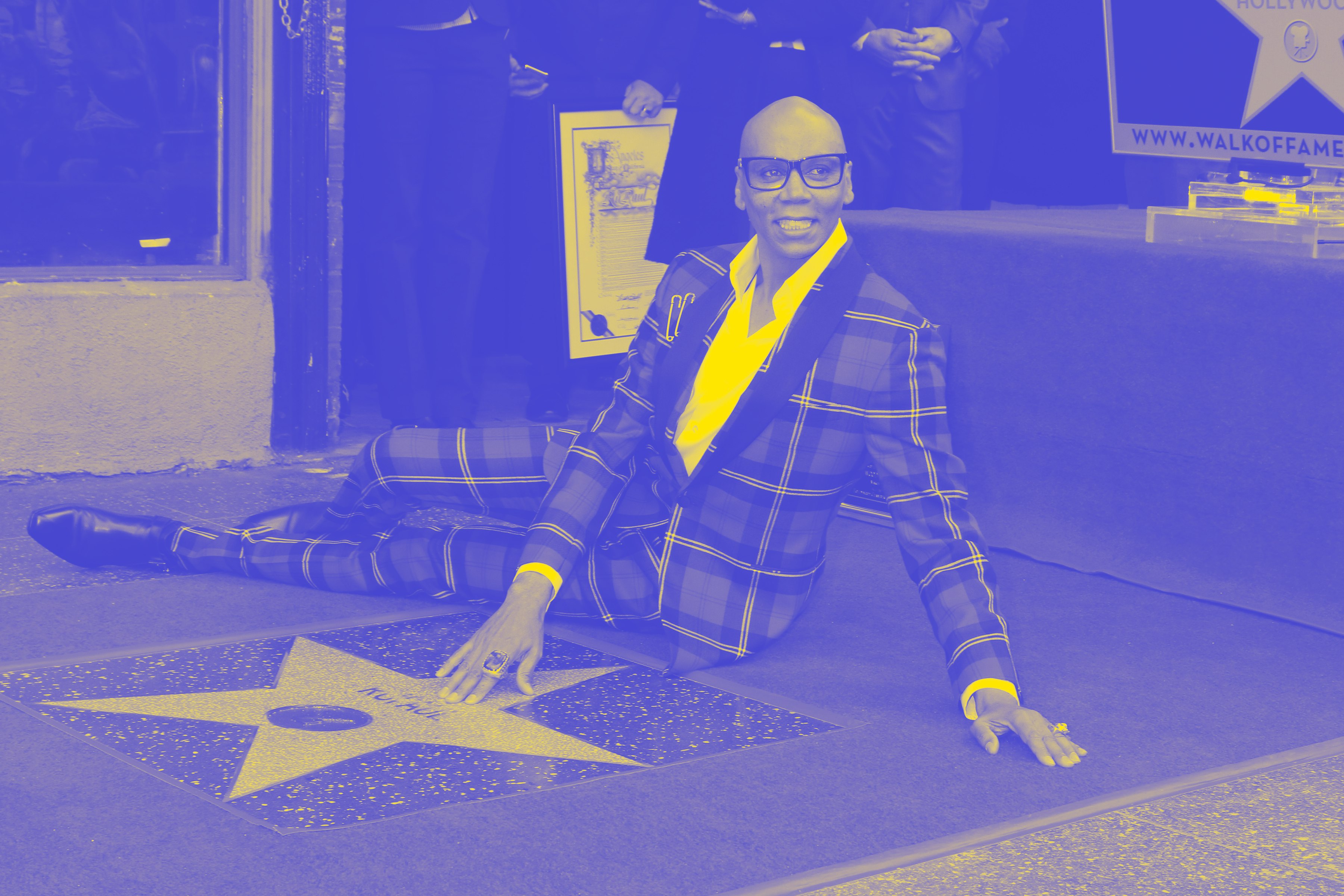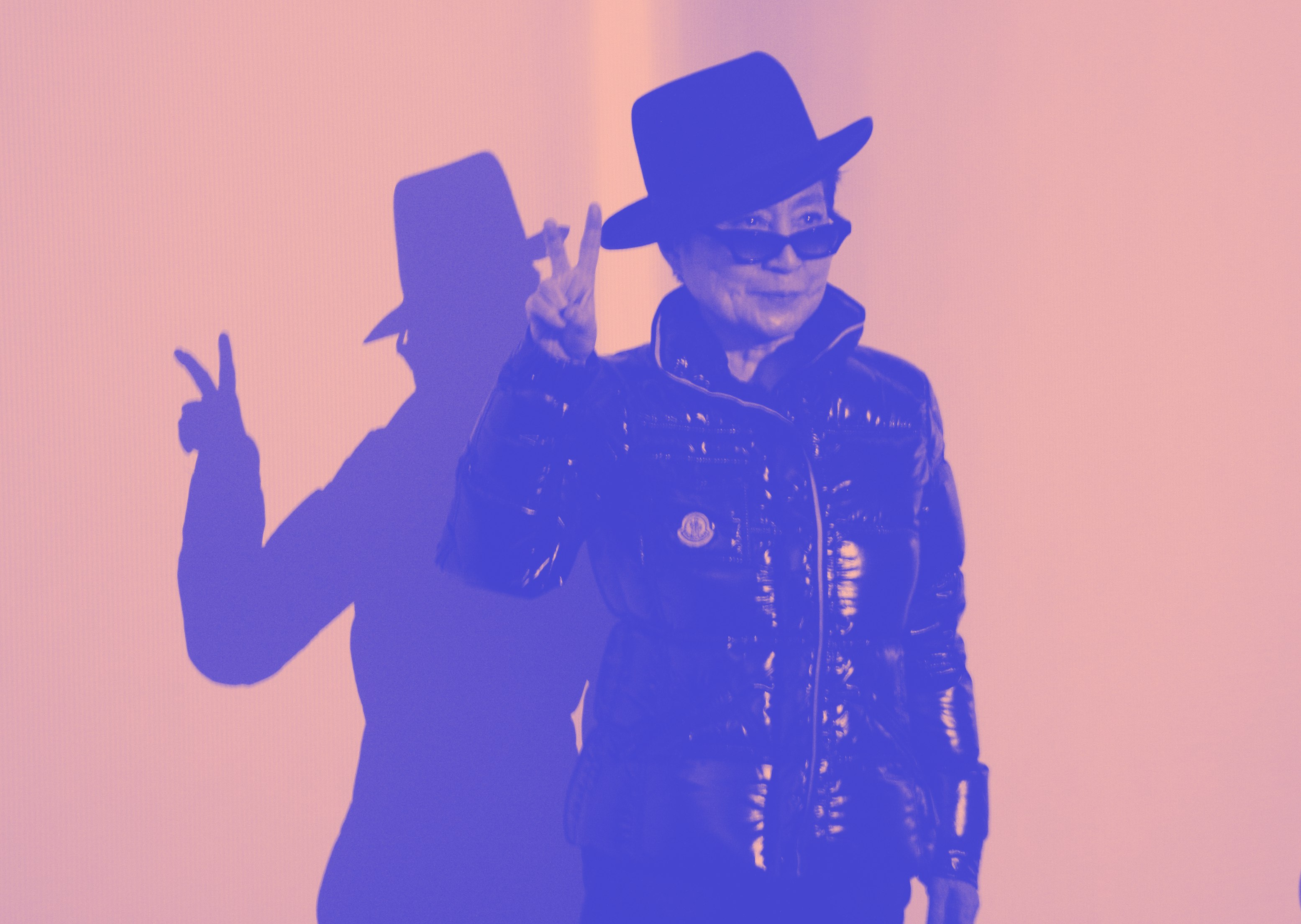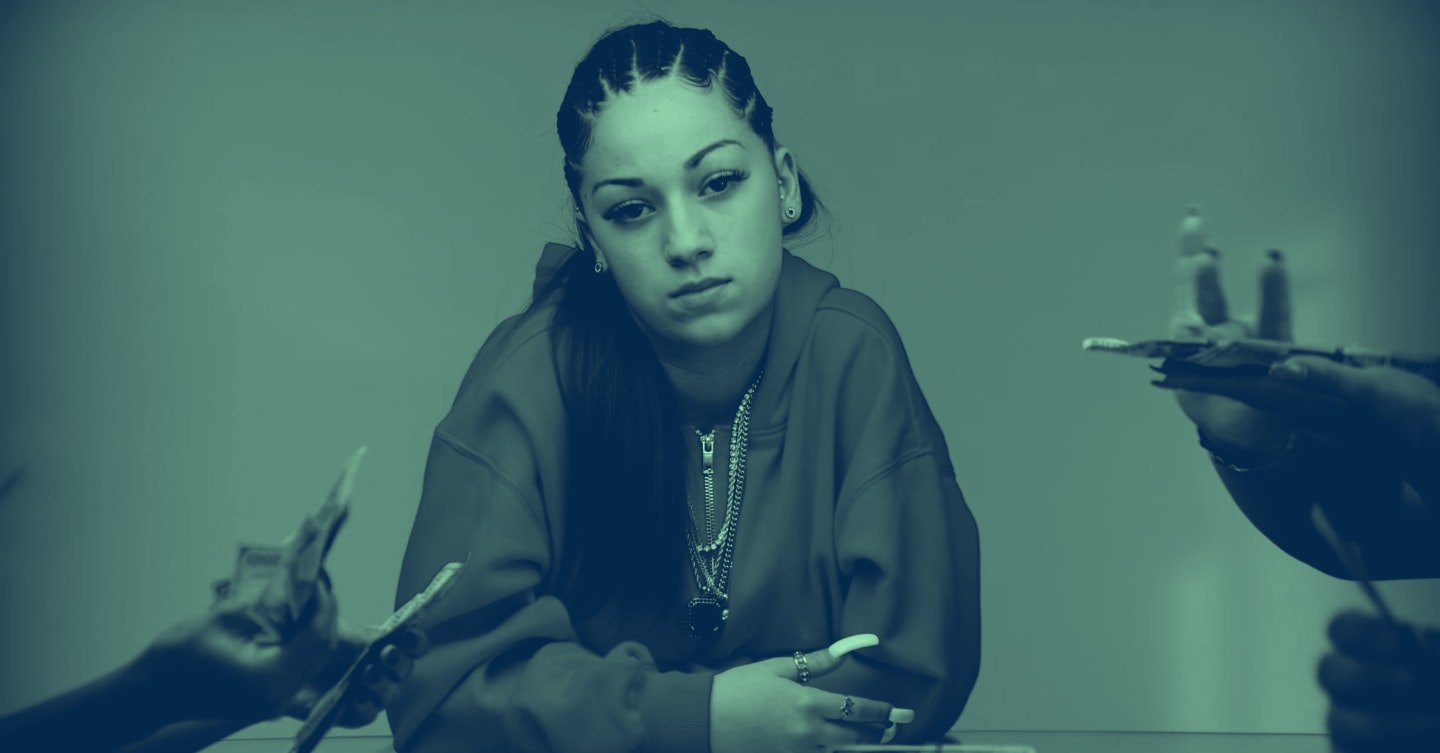Very Intriguing Person
is a series about people who fascinate us, for better or worse.
When I was 13 years old, I was only familiar with Amy Winehouse because of my mother’s celebrity gossip magazines. I’d heard the “Amy Boozedumpster” jokes, and seen the pictures: the enhanced close-up of her powdery nostrils, the bloody slippers, the gashes lining her arms, Hellenistic stills of public stumblings, brawls, breakdowns. Even before listening to her music, I knew her as a woman whose bad moods, binges and rough patches had become the world’s business whether she liked it or not. She threw punches at paparazzi who overstepped her boundaries, harangued insensitive interviewers and met the press’s apparent bloodlust with increasingly outrageous public antics, as though daring them to try and make sense of her.
Her unapologetic rawness resonated with me, and having spent my whole childhood up to this point trying to make my own sadness as small and silent and inoffensive as possible, my interest was piqued. I found my mother’s copy of Back to Black, Winehouse’s sophomore album, while thumbing through her CDs one day and was struck by the matte black disk — simple and straightforward, like it was challenging the listener to separate Winehouse’s artistry from her oversaturated image. When I listened to the album, it immediately felt like Amy and I were on the same team, in a way.
Growing up, my own family dynamic wasn’t too different from Amy’s. Much like her, I was hit hard by my parents’ divorce, and by the time I found her music, I’d already had my first experience with turning to an unguarded liquor cabinet to numb myself to the chaos at home. In eighth grade I spent nights alone in my room with the door locked, sipping pilfered room-temperature liquor with my earbuds in as my parents continued tearing one another to shreds in family court on a near-monthly basis as part of a lengthy custody battle. “Love is a Losing Game,” the sixth song off Back to Black, was a sentiment that struck me in its frankness and truth. It sure is, Amy, I’d think.
In the following years, prescription drugs would become part of my secret hobby. Oscillating between various uppers and downers came as a revelation; I finally felt like I had control over something. Naturally, it quickly became more than a hobby. I knew it was wrong and dangerous, but whatever guilt I felt only invigorated my own self-destructive spiral by affirming a lifelong nagging suspicion that there was something strange and malformed about me, that I was inherently wretched, that this was just what girls like me did.
Winehouse, who was born to working class Jewish parents in North London in 1983, was the harbinger of a blue-eyed soul renaissance on both sides of the Atlantic. As she skyrocketed to fame, she drew the uniquely vicious ire of the British press, who smelled vulnerability and saw the potential for sensational headlines. Back To Black was written during a tumultuous time for Winehouse, who was on the rocks with her notorious on-again-off-again lover Blake Fielder-Civil. After a brief but intense fling, Fielder-Civil broke up with Winehouse to get back with his ex-girlfriend, and, as it famously goes, Amy went back to black. Following the success of her debut album, Frank, she had taken a darker turn in both her subject matter and her aesthetic, and now had started sporting her signature beehive, Cleopatra eye makeup and a smattering of new tattoos. Her drinking and drug problems worsened as she dealt with the fallout of her relationship and her newfound notoriety. She had nowhere to hide, and the press had a field day.
Behind Winehouse’s larger-than-life image and daring aesthetic, which drew equal parts from the melodrama of ’60s girl groups and the grit of ’70s punk, was undeniably enormous talent. Comparing the sheer technical excellence of Winehouse’s polished studio recordings with the ragged, near-tortured live performances from her post-Back To Black era lends an extra tragic dimension to her lyrics and all the references to no-goodness, the blackness to which she continually returned to and rebounded from. She was loud, difficult, dark. Tabloids frequently derided her slapdash makeup, matted hair, and crass braggadocio.
Everything Winehouse touched took on a cast of this darkness, as urgently exemplified in her cover songs. Her weary whine made her rendition of the Zutons’ “Valerie” an instant classic, and she inflected retro ballads like the Shirelles’ “Will You Still Love Me Tomorrow?” and the Teddy Bears’ “To Know Him Is To Love Him” with a fresh and devastating desperation. Riches of despair lurked in the subtext, always. She had the kind of stage presence no hologram could accurately render. “Because of Amy, very strange girls like me go to prom with very good-looking guys,” Lady Gaga said in a 2009 interview.
As she publicly grappled with addictions to alcohol and drugs along with a pernicious eating disorder, breaking the next big scandal was only a matter of staking out her assorted homes and haunts around London and waiting. “It was like a feeding frenzy,” says Nick Shymansky, Winehouse’s former manager and longtime friend in the 2015 documentary Amy, reflecting on the height of the singer’s infamy. “Suddenly it was cool to crack jokes about a bulimic’s appearance, or her drug addictions.” It was as though Winehouse had become an effigy of feminine disarray and wrongness, exciting the kind of contempt that seems unthinkably cruel in this day and age, but was par for the course during this era.
It’s difficult to revisit in retrospect, even in a meme economy that privileges “relatability” and shrieks “big mood” at every photo of Lindsay Lohan passed out in a car. How could anybody look at these images and see anything other than a slow death? Winehouse was known to resent the media attention she received. In an early interview with Tim Kash for MTV UK’s Total Request Live in 2004, she said of her budding celebrity status, “I think the more people see of me, the more they’ll realize that all I’m good for is making tunes, so leave me alone and I’ll do it.”
But despite all the bad press, Winehouse had cult appeal, especially among younger female fans. In a poll conducted by Sky.com in 2008, Winehouse was voted the number one heroine among people under age 25 in the UK, beating out the likes of Princess Diana and Angelina Jolie. Psychologist Donna Dawson commented at the time, "The majority of the top 10 women chosen, such as Diana, Princess of Wales and Amy Winehouse, seem to portray a certain sense of vulnerability or have had to fight against some adversity in their lives.” The male strata of the poll, headed by Winston Churchill, privileged “stronger, dominant figures,” noted Dawson, who added, “While we seem to admire male icons, we seem to need to identify with our female ones.”
Winehouse’s lyrics, often taken straight from real events in her life, exemplified the sort of confessionality that came to be known as “radical vulnerability” in Tumblr-adjacent internet circles. But Amy didn’t live to see this later wave of venerating such personal-as-political art as feminist. Instead, every detail that could be read against her personal life became more fodder for punny ledes about her dysfunctional family and relationships.
When the singer died of alcohol poisoning in her London home on July 23rd, 2011, the public discourse surrounding her took a startlingly reverent turn. Suddenly the same outlets that had successfully turned the singer into a sloppy caricature of herself wanted to mourn. This abrupt tonal shift can be observed easily with a cursory search of the singer’s name within the archives of any gossip rag that flourished at the expense of many a troubled celebrity in the late aughts. The month before she died, they had published an op-ed by Jan Moir titled “As Amy Winehouse falls off the wagon yet again: The real tragedy's that we idolise pop stars like her.” The day after her death, they called her “a British great and a life cut down in its prime.”
Before she recorded Back To Black, members of Winehouse’s circle attempted to convince her to seek treatment for her worsening alcoholism. “I’m not saying it would have worked,” says Shymansky in Amy. “We could have just fucked Back To Black off, and Back To Black might have never happened, but she’d have had a chance to be dealt with by professionals before the world wanted a piece of her.” On the other hand, as Russell Brand pointed out in a eulogy for The Guardian, Winehouse’s gift is also the preeminent reason why most members of the general public mourned her loss at all: “Not all addicts have Amy's incredible talent. Or Kurt's or Jimi's or Janis's. Some people just get the affliction.” For many of us who only got the affliction, Amy was a unique kind of laureate, speaking honestly to all the raptures and devastations of our shared fucked-upness.
When I was 16 and at my worst, my mother intervened and gave me an ultimatum: get sober and start passing regular drug tests, or get “sent away,” a vague but nonetheless terrifying threat. I remember the burning shame of seeing her cry in front of me and knowing it was my fault. “You brought darkness into this household,” she said. The phrase rang through my head for years. Suddenly, it wasn’t just my problem, and I wasn’t just hurting myself. Substance abuse never really works like that; no matter who you are, there is always collateral damage.
When Amy was bad, she was very bad, but when she was good, she was sublime.
The rotten part of me, which I’d accepted as intrinsic and immutable up until this point, was something I had to take accountability for. With the help of my family and therapist, I got totally clean and sober and stayed that way for the latter half of high school. I successfully made it to graduation without derailing my own life or future too terribly. To be clear, this is the kind of lucky break that many people who struggle with addiction just don’t get, and I consider this early intervention and my access to resources and familial support a privilege. I’m mostly fine now. I have my supportive loved ones and mostly-developed adult impulse control faculties to thank for that. These days, I can actually do things in moderation.
But my own recovery isn’t very cut-and-dry; I didn’t exactly stay straight-edge, but I didn’t quite relapse, either. Anybody who’s ever dealt with the cyclical throes of addiction can tell you this, but it’s hard to fully trust yourself again. It’s harder still when you’ve sort of haphazardly stumbled off the wagon, no matter how anticlimactic the results may have been. There’s always the gnawing feeling of uncertainty, that darkness which I’ve sort of herded into a corner somewhere and occasionally whack into submission with a figurative broom, like a wild animal that found its way into the house. I have many years of herding and whacking in front of me, and catastrophe could strike at any time.
There’s this part at the very end of Amy that I always think about, when Tony Bennett is discussing Winehouse’s death. “If she had lived, I would’ve said, ‘Slow down. You’re too important,” he says. “Life teaches you, really, how to live it, if you could live long enough.’” But to look at Winehouse’s life as just another worst-case-scenario cautionary tale would be both callous and beside the point. When Amy was bad, she was very bad, but when she was good, she was sublime. Her story wasn’t all tragedy, all the way through. There were moments of glory — three full-length albums of it, in fact.
To hear Amy at her best, even knowing how the story ends, feels like a special kind of victory for strange girls. About a year ago, I saw Winehouse’s bronze statuette in Camden, a defiant portrait of female martyrdom and triumph. How solid it seemed to me, this depiction of a woman who was once flesh and blood, who was here and then wasn’t, whom I never knew but felt so understood by, who had owned the gnarled parts of herself and brandished them fiercely.
